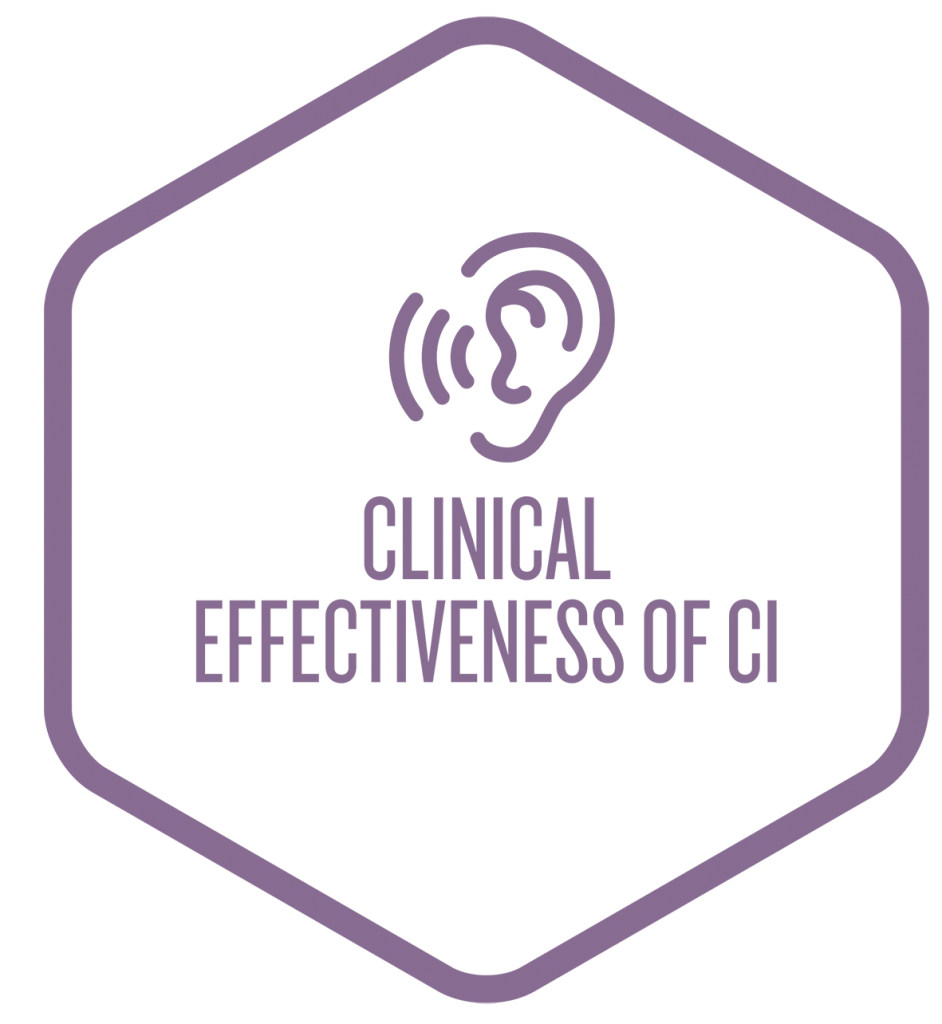Consensus Statement 1:
Awareness of cochlear implants among primary and hearing healthcare providers is inadequate, leading to under-identification of eligible candidates. Clearer referral and candidacy pathways would help increase access to cochlear implants.
It is a real issue not to have the patients who need our care coming in our centres and benefit eventually for cochlear implantation. It does not mean that all the patients coming for evaluation will get one, but at least you have a chance to be correctly evaluated and having such a device.
Christophe Vincent, MD. PhD. Centre Hospitalier Régional Universitaire de Lille · Division of Otology and Neurotology, France
Please click the video above to listen to Frances Rapport, 1,2 Catherine McMahon,2,3 and Isabelle Boisvert,2,6 talk to David McAlpine2 about their recent publication.
Barriers and Facilitators to Cochlear Implant Uptake in Australia and the United Kingdom, Mia Bierbaum,1 Frances Rapport. 1,2 Catherine M. McMahon,2,3 Sarah Hughes,2,4,5 Isabelle Boisvert,2,3 Annie Y. S. Lau,1 and Jeffrey Braithwaite1,2
Open access to the full paper is available at the following link. https://journals.lww.com/ear-hearing/Fulltext/2020/03000/Barriers_and_Facilitators_to_Cochlear_Implant.16.aspx
1Australian Institute of Health Innovation, Macquarie University, Sydney, New South Wales, Australia;
2Macquarie University H:EAR [Hearing, Education, Application, Research], Sydney, New South Wales, Australia;
3The HEARing Cooperative Research Centre, Sydney, New South Wales, Australia;
4South Wales Cochlear Implant Programme, Abertawe Bro Morgannwg University Health Board, Bridgend, United Kingdom;
5Swansea University Medical School, Swansea, United Kingdom, and
6Faculty of Medicine and Health, The University of Sydney.
Downloads
Click here to download a PowerPoint presentation that includes the findings from the category, clinical summaries and takeaways.
This PowerPoint is designed for you to edit and present. All content included in the document has been referenced appropriately.
Click here to download the slide deck for presentation on the International Consensus paper background and methodology.
Rene Gifford and David Haynes, Vanderbilt University Medical Center explain what the Consensus Statements mean at a local level.
Steering committee member Professor Lenarz, Hannover, Germany discusses the significance of the Consensus Paper, the Delphi process and the path towards cochlear implants being regarded and accepted as a standard of care for adults.
Publications
Click here to view the range of publications and resources relevant to the level of awareness of cochlear implants.


